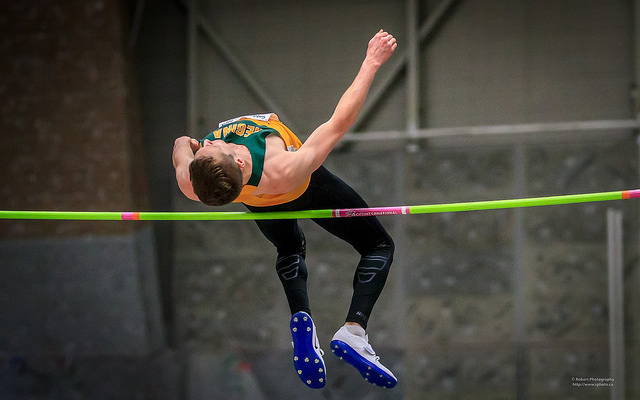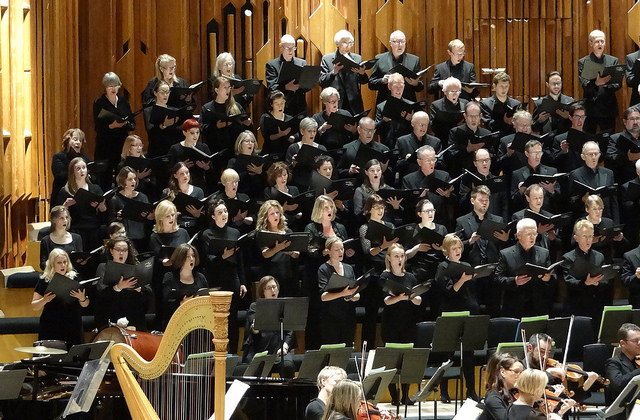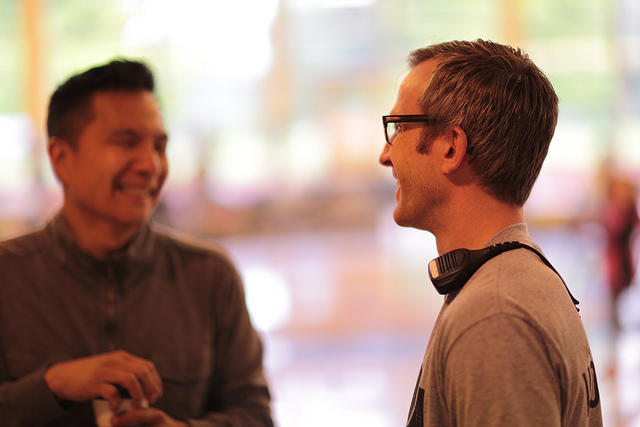blog
Depleted confidence and effectiveness
A senior executive with a consistent track record of stellar success moved into a new role in a new organisation and suddenly found her confidence plummeting in parallel with her boss’s apparent lack of confidence in her.
A newly recruited COO found his effectiveness and his confidence waning as he struggled to meet the demands of his new culture to focus on endless detail rather than conceptualising and implementing his vision – the vision that he had been recruited for.
A head of function, reporting to a new line manager, found himself undermined, devalued and voiceless in his relationship with his boss, despite consistently positive feedback on him from elsewhere in the business.
A visionary Board Director, recruited for one significant area of the business and subsequently recognised for having the capability to take on an additional area, found it impossible to step into her authority and to deliver her best by being who she was.
A behavioural approach, focused on the individual
In each of these cases – all of them clients I have coached – as coach I might have got drawn in exclusively to working on personality profiling, emotional intelligence, leadership style or any other of a host of approaches addressing the nature of the individual’s behaviour.
A relationship approach – and the importance of belonging
What turned out to be much more effective, however, was to remember that any individual functions in large part by virtue of their relationships to their environment and to the individuals, themes, histories and other influencing factors within it. In each of the instances above, the issue was about the nature of the coaching client’s belonging – where they fitted in their teams, their divisions and their organisations, and the unconscious loyalties that populated that belonging.
Illuminating the unseen was the key to confidence and effectiveness
For these clients, something unresolved, and previously invisible and unaddressed, associated with a predecessor in the role, turned out to be behind their feeling unsettled – or worse. Once that ‘something’ was brought to the surface in the coaching, even though in some cases it was impossible to know exactly what it consisted of, all these clients recovered their confidence and their effectiveness.
Besides this systemic theme, it became clearer than ever to me just how closely confidence and effectiveness are linked. Confidence that is depleted – which often results from the individual interpreting an external event or behaviour, and believing – albeit unconsciously – the message that they construct from it – leads very easily to effectiveness that is depleted. Looking outwards from the individual into their environment and the systems of relationships they are part of is, I have found in my coaching practice, often a more elegant and rapid process, offering richer and more sustained outcomes for rebuilding and re-resourcing, than cognitive approaches .
A systemic approach liberates fresh thinking
This kind of systemic approach externalises the problem so that the individual can detach from it and look at it as something separate from them, rather than something that is part of them or something that they identify with. Not only is the emotional charge defused, but the capacity to discern and create choices and find a new kind of focus means, in my experience, that the individual feels liberated and less oppressed by their circumstances, has a greater sense of space and becomes more creative in developing ways forward.
‘Who?’ becomes ‘Where?’
And the question about ‘who’s the problem?’ (which can often imply blame) becomes ‘where’s the blockage?’, which can bring a richer and more sustained solution.
Photo by Tatiana T via Compfight
Confidence, effectiveness and systems
Confidence that is depleted – which often results from an individual interpreting an external event or behaviour, and believing (albeit unconsciously) the message that they construct from it – leads very easily to effectiveness that is depleted. Looking outwards from the individual into their environment and the systems of relationships they are part of is often a more elegant and rapid process, offering more sustained and richer outcomes for rebuilding and re-resourcing, than cognitive approaches.
Read more »In the swim of things: my latest article in Coaching at Work
Some of my coaching clients have difficulty staying upright in the stream of their organisational cultures, especially when they aren't aligned with the values or behaviours in those cultures: their difficulty lies in being different, even though that may be exactly why they were recruited in the first place. This can cause significant stress.
Read more »Stress, relationships and business results
Line managers can unwittingly create damaging stress in the relationships they have with their reports. This can come from their modelling themselves against others whose values they don't share - and once they allow themselves to be their authentic selves their working relationships can be transformed. Systemic coaching blended with comfort working with mental health issues can resource the client in valuable ways.
Read more »Leadership in professional service firms
Leadership is particularly complex and demanding in professional service firms such as law and accountancy. In such firms not only is profit generated through each fee-earner's billable hours, but the distribution and clarity of power is less clear, more diffuse and less demarcated than in other organisations. Leadership is an ambiguous matter of high autonomy and yet often high consensus.
Read more »Do you know when to stop? My latest article in Coaching at Work
When is coaching actually performance management? My reflection column in the May issue of Coaching at Work explores my experience that there’s no clear, constant, easily-definable line between the two.
Read more »A Bigger Conversation
Relationships - between people, and between people and events, behaviours, beliefs, cultures and outputs - are the key to organisational health. Sometimes skilled, capable and experienced leaders don't seem fully able to occupy their authority, sometimes the same challenge seems to recur repeatedly. Such challenges may require a Bigger Conversation: a conversation that addresses not just individuals or individual issues, but which sees them as an ecosystem.
Read more »Influence, impact and culture change: a systemic view
When a new broom comes in to a senior role with high expectations, but is inexplicably unable to occupy their authority, the situation can benefit from a systemic constellations perspective. This means looking at what might have been ignored in the organisation’s remembering, what or who might have been excluded or unacknowledged - and especially what might not have been acknowledged about the contribution of a previous occupant of the role. Energy is then released and the leader is freed up to do what they do best.
Read more »Letting go of knowing: new article in 'Coaching at Work'
Clients and potential clients respond with more energy to their experience of how I am than to what I know - and equally, who I am, and how my ‘being’ shows up, have a significantly greater impact on my coaching than what I do.
Read more »Compassionate leadership
Compassion at work increases our willingness to trust: our brains respond more positively to bosses who have shown us empathy – and compassion increases the health and wellbeing not only of employees but also of the bottom line. When compassion is low, engagement and levels of discretionary effort are low, retention and recruitment are more difficult, stress and absenteeism are high, and success becomes more elusive.
Read more »Nourish Your Practice: new article in Coaching at Work
My article 'Nourish Your Practice' has been published in Coaching at Work January 2017. My reflection before and after every coaching session is an intrinsic part of any coaching that I deliver: without it I would be simply skimming across the surface of what is actually going on and what the possibilities for change could be. I encourage my clients to reflect too.
Read more »











